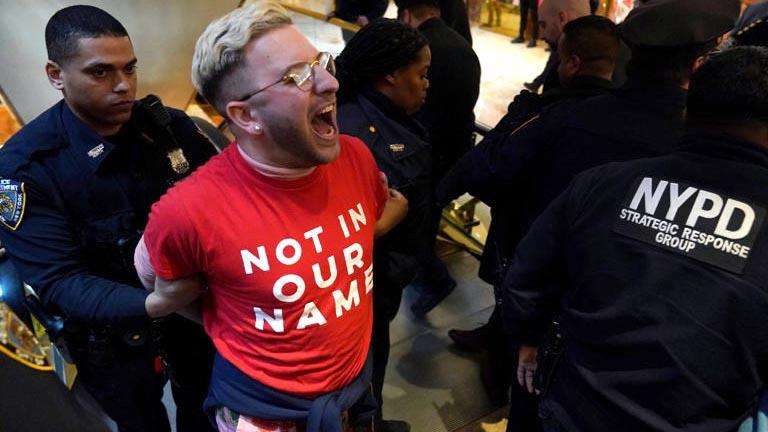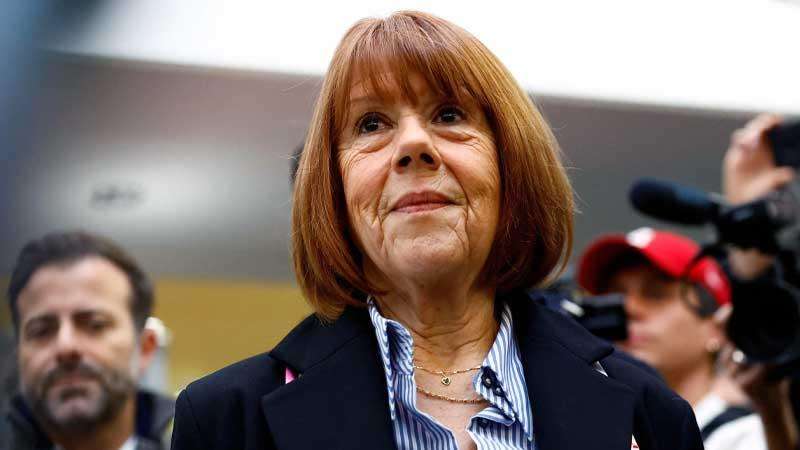Hyderabad-based operators of a flesh trade network were paying Rs 4,000-5,000 per person to agents stationed along the India-Bangladesh border in West Bengal to traffic Bangladeshi girls into India, according to an investigation by the Enforcement Directorate (ED).
The money laundering probe originates from a case initially registered by the Telangana Police and later taken up by the National Investigation Agency (NIA), which uncovered a prostitution racket linked to two brothels on the outskirts of Hyderabad.
In a statement released on Thursday, the ED announced the provisional attachment of assets worth Rs 1.90 lakh in connection with the case. These assets include funds stored in Paytm wallets, multiple bank accounts, and an immovable property owned by Ruhul Amin Dhali, identified as one of the key agents involved in the trafficking network.
According to the ED, the accused were operating brothels in and around Hyderabad while also sending trafficked victims to other brothels and agents on a commission basis.
The agency further revealed that the traffickers used counterfeit Indian identity documents to open bank accounts and digital wallets, facilitating their illegal activities. Payments for trafficking were made through both banking channels and cash transactions, with the amount being divided among various intermediaries on either side of the border.
To obscure financial transactions and evade law enforcement detection, the accused relied on money transfer services provided by financial intermediaries, sharing their mobile numbers solely for fund transfers. They also structured the payments into smaller amounts to stay below regulatory reporting thresholds.
Source: The Pioneer



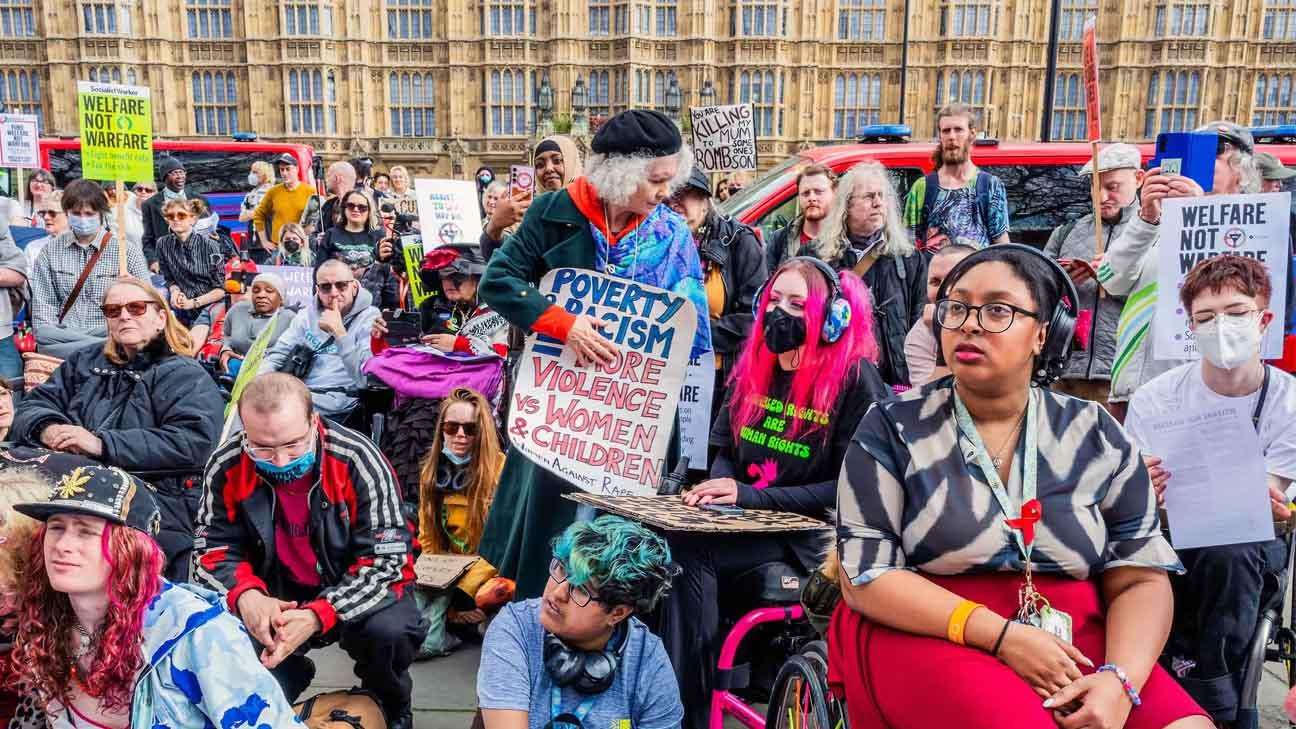
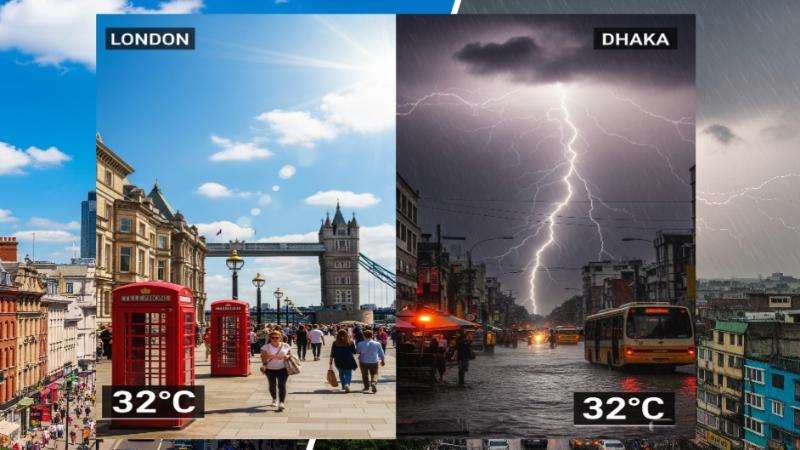


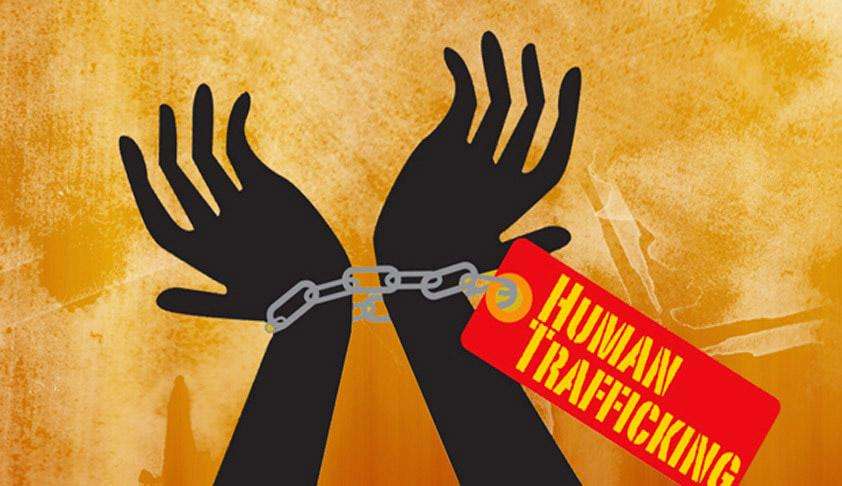
.svg)

